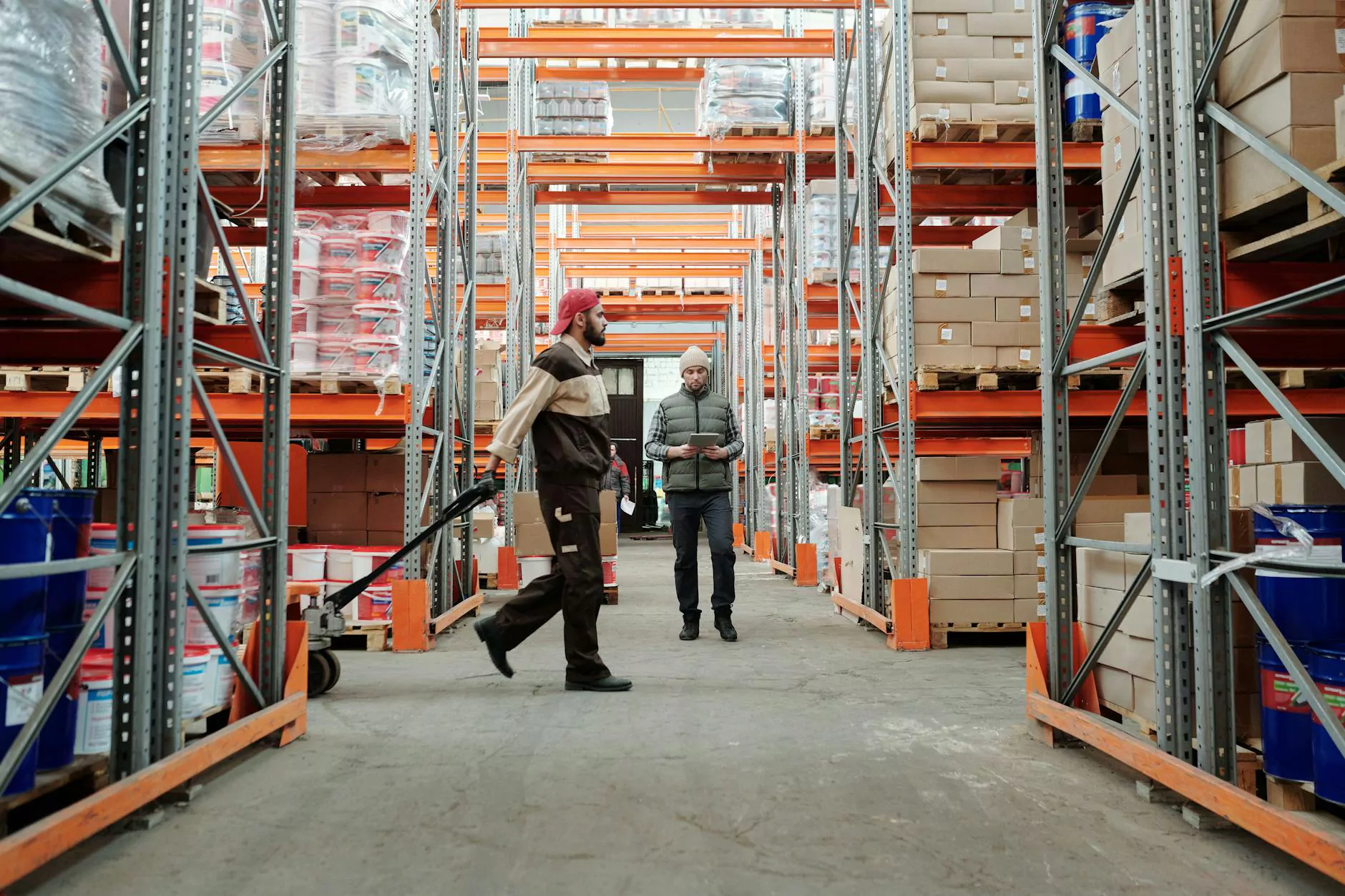Understanding and Optimizing Freight Transport Cost: The Essential Guide for Modern Business Success

In the highly competitive world of shipping and logistics, managing freight transport cost is a critical factor that can significantly impact a company's profitability, operational efficiency, and customer satisfaction. Whether you are a small business owner or a global logistics provider, understanding the intricacies of freight costs and implementing effective strategies to optimize them are essential skills for sustainable growth.
What Is Freight Transport Cost and Why Does It Matter?
The freight transport cost encompasses all expenses associated with moving goods from origin to destination. This includes transportation charges, handling fees, fuel surcharges, insurance, customs duties, and other ancillary costs. Managing these costs effectively translates directly into competitive pricing, improved profit margins, and better service delivery.
In an era where supply chain efficiency can make or break a business, understanding the factors influencing freight costs allows companies to identify areas for savings, improve logistics planning, and reduce overall operational expenses.
Factors Influencing Freight Transport Cost
1. Distance and Route Optimization
Longer distances naturally incur higher costs due to increased fuel consumption, driver hours, and vehicle wear and tear. Effective route optimization, including choosing shortest or fastest routes and consolidating shipments, can dramatically reduce expenses.
2. Mode of Transportation
- Road Freight: Versatile and flexible, suitable for short to medium distances. Costs depend on fuel, driver wages, and vehicle maintenance.
- Rail Freight: Cost-effective for bulk goods over long distances, with lower fuel costs but higher handling charges.
- Sea Freight: Ideal for international shipping of large volumes, generally cheaper but slower and dependent on port handling costs.
- Air Freight: Fastest option but most expensive, suitable for time-sensitive shipments.
3. Cargo Volume and Weight
The size and weight of cargo heavily influence freight costs. Shipping larger or heavier items requires more space and fuel, leading to higher charges. Dimensional weight calculations often impact pricing, especially in air and parcel shipping.
4. Fuel Prices
Fluctuating global fuel prices are a major factor influencing freight costs. Fuel surcharges are common practice to account for price volatility and ensure carriers remain profitable.
5. Handling and Packaging
Proper packaging reduces damages and handling costs. Heavy or fragile cargo may require special attention, impacting the overall freight expense.
6. Customs, Taxes, and Duties
International freight incurs additional costs related to customs clearance, tariffs, and import-export taxes, which vary by country and product type.
7. Insurance and Risk Management
Protecting shipments against loss or damage adds to freight costs but is vital for high-value or sensitive goods.
Strategies to Manage and Reduce Freight Transport Costs
1. Consolidate Shipments
Combining smaller shipments into full truckload or container loads reduces per-unit costs and maximizes transportation efficiency. Consolidation is especially effective for businesses with frequent shipments to the same destination.
2. Invest in Technology and Data Analytics
Modern TMS (Transportation Management Systems) help optimize routes, monitor shipments in real-time, and predict cost fluctuations. Leveraging data analytics can uncover hidden savings and improve decision-making.
3. Negotiate with Carriers and Logistics Providers
Long-term partnerships and bulk-sourcing agreements often yield better rates. Negotiating terms based on volume, frequency, and payment terms can result in substantial savings.
4. Choose the Right Mode of Transportation
Matching shipment needs with the most cost-effective mode ensures efficiency. For example, switching from air to sea freight for non-urgent cargo can reduce costs without compromising delivery times.
5. Optimize Packaging and Loading
Efficient packaging reduces dimensional weight and maximizes space utilization in containers and trucks, cutting transportation expenses.
6. Monitor Fuel Prices and Surcharges
Keeping track of fuel market trends and choosing carriers that offer stability against surcharges can lead to better cost predictability.
7. Implement Supply Chain Visibility
Enhanced visibility across your logistics network enables proactive management of delays, damages, and costs, leading to improved efficiency and cost control.
The Future of Managing Freight Transport Cost: Trends and Innovations
1. Digitalization and Automation
The integration of AI, IoT, and blockchain technologies is revolutionizing freight management. Automated warehouses, real-time tracking, and smart contracts streamline operations and reduce costs.
2. Sustainable and Green Logistics
With increasing emphasis on environmental responsibility, companies are adopting greener transportation methods, such as electric trucks and alternative fuels, which can offer long-term cost savings and compliance advantages.
3. Collaborative Logistics
Sharing transportation resources among different companies minimizes empty miles and optimizes freight flow, leading to cost reductions and reduced carbon footprint.
4. Advanced Data Analytics
Predictive analytics enables better demand forecasting, inventory management, and route planning, ultimately reducing freight transport cost.
Conclusion: Mastering Freight Transport Cost for Competitive Advantage
Optimizing freight transport cost is a continuous process involving strategic planning, technological investment, and effective negotiations. By understanding the key factors influencing these costs and implementing best practices, businesses can unlock significant savings, improve supply chain resilience, and enhance customer satisfaction.
In an increasingly interconnected world, companies that proactively manage their logistics expenses will maintain a competitive edge and position themselves for long-term success. Stay informed about the latest trends, leverage innovative tools, and foster strong partnerships — all while focusing on efficiency and sustainability.
At legendaryroadlog.com, we are committed to helping your business navigate the complexities of freight transport cost and achieve logistics excellence. Contact us today to learn more about our comprehensive shipping and logistics solutions designed to optimize your supply chain and reduce expenses.









